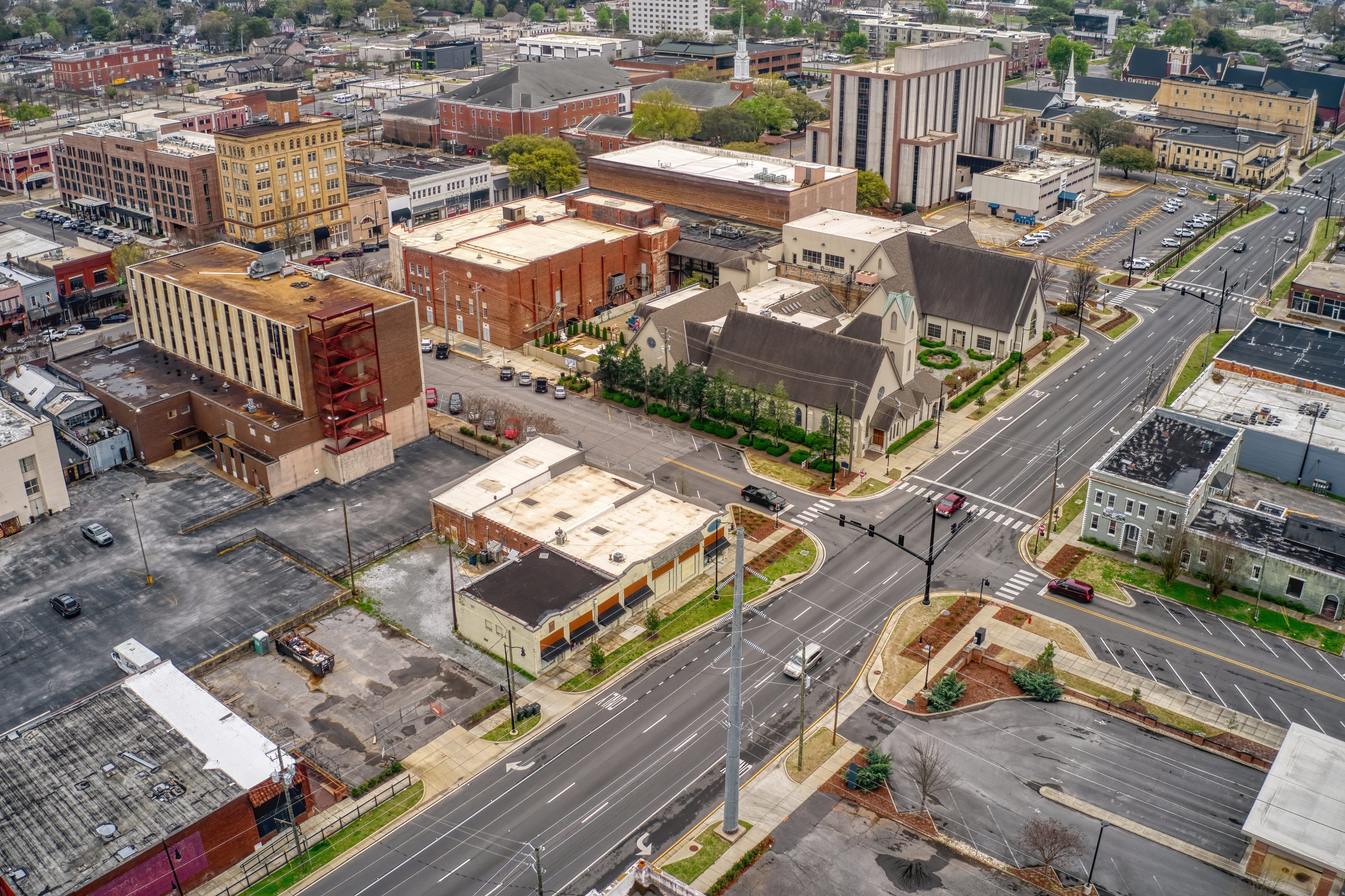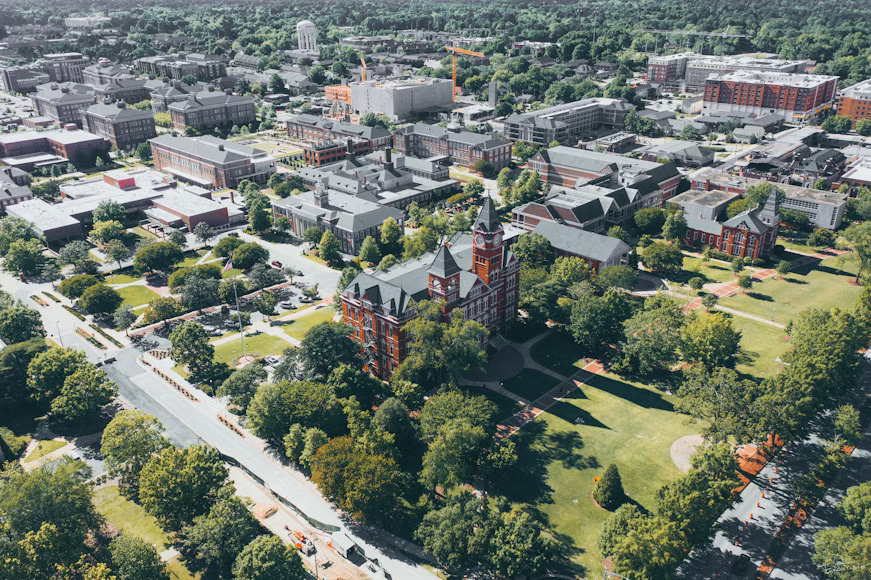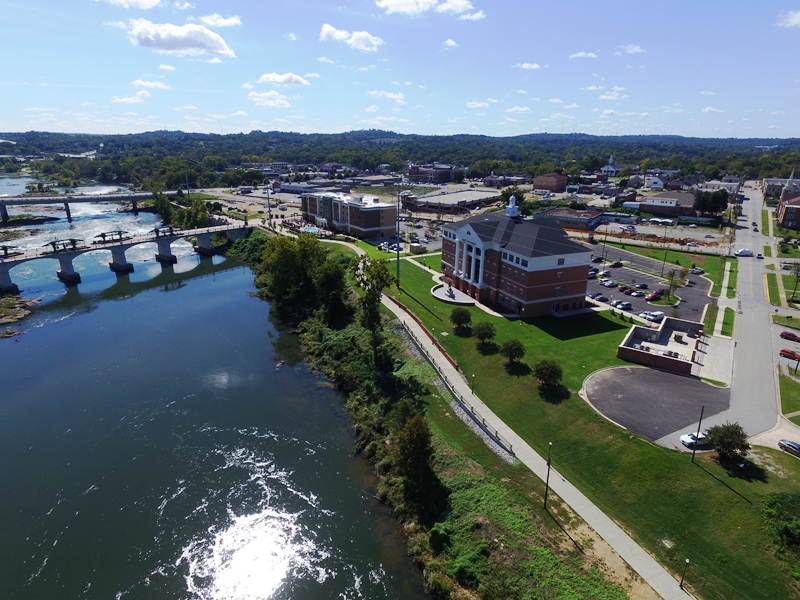Sales: According to the Mobile Area Association of REALTORS, July home sales in the area decreased 10.85% year-over-year (Y/Y) from 590 to 526 closed transactions, for the first decline in 14 months. Sales decreased 21.02% from June. Sales are now up 13.7% year-to-date. Two more resources to review: Quarterly Report and Annual Report.
For all Mobile-area housing data, click here.
Inventory: July listings (526) increased 15.57% from June but declined 11.13% from one year ago. At the current sales pace, all the active inventory on the market would sell in 1.2 months, up from 0.8 months in June and equal to 1.2 months in July 2020. The equilibrium point where buyers and sellers have roughly equal bargaining power is 6 months of supply.
Pricing: The median sales price in July was $205,000, an increase of 24.24% from one year ago and an increase of 0.74% from June. The differing sample size (number of residential sales of comparative months) can contribute to statistical volatility, including pricing. ACRE recommends consulting with a local real estate professional to discuss pricing, as it will vary from neighborhood to neighborhood.
Homes sold in July averaged 24 days on the market (DOM), a record low and 25 days faster than July 2020.
Forecast: July sales were 4 units, or 0.76%, above the Alabama Center for Real Estate’s (ACRE) monthly forecast. ACRE projected 530 sales for the month, while actual sales were 526 units. ACRE forecast a total of 3370 residential sales year-to-date, while there were 3558 actual sales through July, a difference of 5.58%.
New Construction: The 34 new homes sold represent 6.5% of all residential sales in the area in July. Total sales decreased 12.8% year-over-year. The median sales price in July was $315,900, an increase of 26.9% from one year ago and an increase of 7.9% from June.
NAR Commentary: According to the National Association of Realtors (NAR), existing home sales nationwide increased for the second consecutive month in July rising 2% from June (seasonally adjusted annual rate). July sales were up 1.5% from one year ago. The median sales price for existing homes was $359,900, rising 17.8% year-over-year and marking 113 consecutive months of year-over-year gains. Rising home prices are largely a result of low housing inventory amid significantly elevated demand. Supply did improve somewhat, rising 7.3% from June 2021 and is down 12% from one year ago. July’s 2.6 months of supply increased slightly from June (2.5) but is still well below July 2020 (3.1).
Lawrence Yun, chief economist for NAR said, “We see inventory beginning to tick up, which will lessen the intensity of multiple offers. Much of the home sales growth is still occurring in the upper-end markets, while the mid- to lower-tier areas aren’t seeing as much growth because there are still too few starter homes available.”
Yun added that home prices are likely to moderate in the months ahead, “Although we shouldn’t expect to see home prices drop in the coming months, there is a chance that they will level off as inventory continues to gradually improve.”.
ACRE Commentary: Home sales in Alabama decreased year-over-year (Y/Y) in July, falling 1.4% (seasonally unadjusted). Sales also declined month-over-month, down 7.7% from June. Year-to-date, however, sales are up 17.3% from 2020. The statewide median sales price reached another record high of $218,374 with sales price growth rates moderating somewhat, rising 11% Y/Y. The state’s housing supply received a much-needed measure of relief as listings increased 12% from June, but are still down 29.3% from one year ago. With slowing sales and rising inventory, months of supply increased from 1.2 in June to 1.5 in July. Listings are also expected to gradually increase in the coming months.
Click here to view the entire monthly report.
The Mobile Residential Monthly Report is developed in connection with the Mobile Area Association of Realtors to better serve area consumers.
Editor’s Note: All information in this article reflects data provided to the Alabama Center for Real Estate for the time period July 1 – 30, 2021. Thus, the performance represented is historical and should not be used as an indicator of future results.





